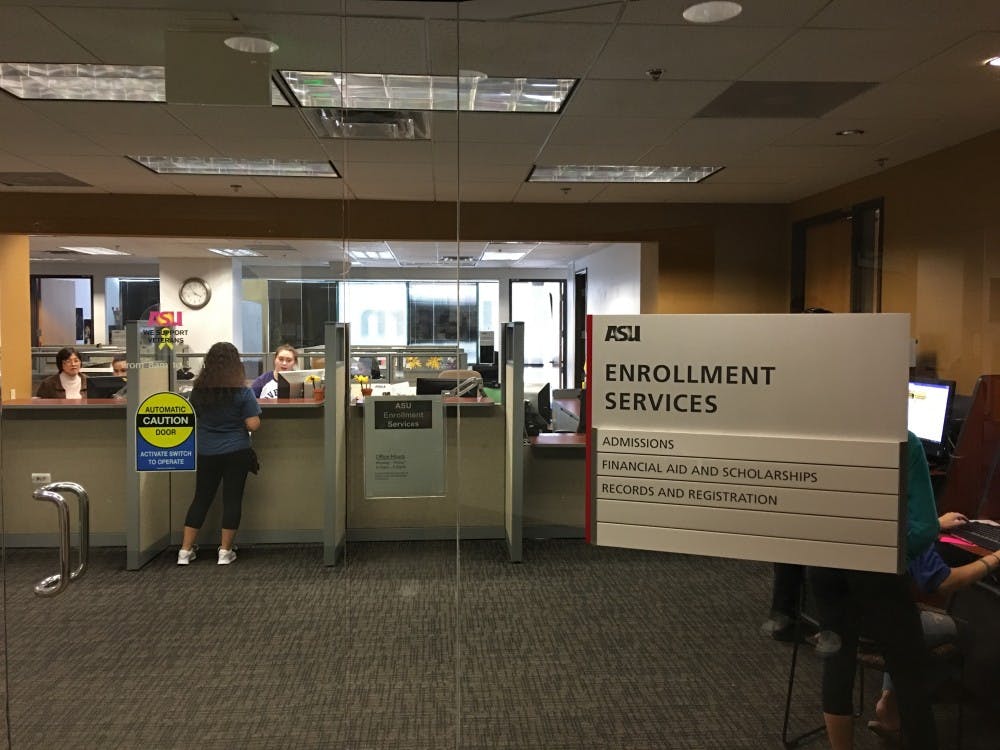Arizona college students have one of the smallest amounts of student debt upon graduation, according to a new study that ranks the state seventh lowest in student debt.
The report by LendEDU, a student loan refinancing company, calculated the average student debt in all 50 U.S. states and their congressional districts. According to the report the average college student in Arizona owes about $23,594 compared to a national average of $28,400.
The report also said about 53 percent of graduates in Arizona still have student loan debt, compared to the national average of 60 percent.
The study also takes a look at how political parties affect students in certain congressional districts.
According LendEDU's analysis of legislative history, Democrats in the U.S. House of Representative and Senate two times more likely to support college affordability legislation when compared to Republicans. However, students graduating from congressional districts with more Democrats in House end up with 25 percent more student loan debt than Republican-held states.
According to the report, that trend continues into the Senate. A democratic-held Senate would leave a student graduating with 11 percent more student debt then they would in Republican states, the report said.
Nate Matherson, the co-founder and CEO of LendEDU, said he has $50,000 in student loan debt himself.
“Our team spent the last month-and-a-half working on this report,” Matherson said. “We wanted to visually show how student debt is impacting America.”
Matherson said there are a lot of contributing factors as to why Arizona was doing so well in regards to student debt, and it's hard to say exactly why.
“It could have something to do with in-state students,” Matherson said. “It could also be because colleges are more affordable or they are providing more financial aid."
Ryan Leith, Undergraduate Student Government Downtown director of state and municipal affairs, views the report as a positive for education in Arizona.
“It’s very promising, we generally rank pretty low in areas related to education,” Leith said. “It’s an incredibly complicated issue and I am just thankful that our students are on the good side of the curve when it comes to graduating.”
USGD has a history for listening to students express tuition concerns and focuses on lobbying at the capital to keep the cost for attendance at ASU low.
“We tend to focus on state legislature,” Leith said. “(Arizona) is always near the bottom of the list when it comes to state investment per student. If we can get state investment into the university, then the university wouldn’t have to charge us as much.”
Alyson Perkins, a public policy freshman, is one of the many students at ASU who is trying to find various ways to support their college education before turning to student loans.
“I have a new American University scholarship and two outside scholarships I have applied for,” Perkins said. “My parents help fund the rest.”
Perkins said she considers herself fortunate for not having to take loans out to help pay her undergraduate education.
“It’s a relief for me and it takes a financial burden off of me,” Perkins said. "Knowing that I don’t have undergrad debt is helpful because I have law school soon.”
Reach the reporter at Victor.ren@asu.edu and follow @MrVictorRen on Twitter.
Like The State Press on Facebook and follow @statepress on Twitter.




